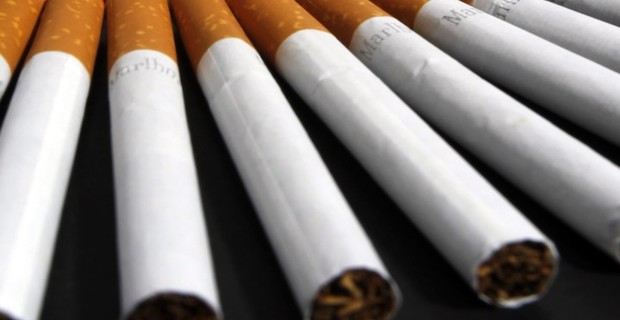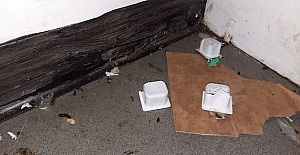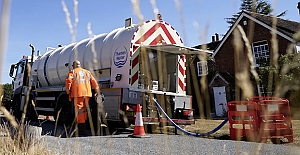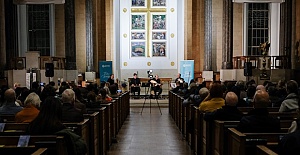The number of smokers in Japan has drastically decreased over the years, new findings have revealed.
The Far East nation, often recognized for its citizens’ health-consciousness, witnessed figures of smokers ages 20 and older decrease by half in 2018.
Japan’s smoking rate now stands at 17.9 percent, down from 36 percent when last recorded in 1989, the Japan Times reported on Tuesday.
Local anti-smoking advocacy groups believe that the decline is a result of increasing health awareness, an aging population, tougher smoking regulations and higher cigarette prices due chiefly to tax hikes.
Japan has seen a constant decline in its smoking rate since it peaked in 1966 -- at 49.4 percent in total.
After taking cognizance of anti-smoking movements, Japan’s railways department started banning smoking in phases in 1987, followed by airlines in 1999.
The government created a law last July prohibiting smoking inside all school buildings, hospitals and government bodies.
As of April 1, 2020, smoking will be banned at facilities including offices, restaurants and hotel lobbies. Special rooms will be set up for smoking.
The move has been received well by citizens, though some say that a lot more needs to be done. “It was good that the law was revised and ordinances were established, although they are still weak,” Watanabe, 81, told the newspaper.


 After Nesil Caliskan a by-election will be held in Jubilee ward in Enfield
After Nesil Caliskan a by-election will be held in Jubilee ward in Enfield Publishing the analysis, Labour’s Cllr Ergin Erbil said Everybody in Enfield deserves basic rights
Publishing the analysis, Labour’s Cllr Ergin Erbil said Everybody in Enfield deserves basic rights Gaza-Israel conflict Statement from Cllr Ergin Erbil, Leader of Enfield Council
Gaza-Israel conflict Statement from Cllr Ergin Erbil, Leader of Enfield Council Cllr Ergin Erbil was elected as the new Leader of Enfield Council
Cllr Ergin Erbil was elected as the new Leader of Enfield Council The European Union called on Turkey to uphold democratic values
The European Union called on Turkey to uphold democratic values Turkish citizens in London said Rights, Law, Justice
Turkish citizens in London said Rights, Law, Justice The Council of Turkish Cypriot Associations Geneva response letter
The Council of Turkish Cypriot Associations Geneva response letter Sustainable Development and ESG, Will This Become the Course for Turkic World
Sustainable Development and ESG, Will This Become the Course for Turkic World Saran Media And Euroleague Basketball Extend Media Rights Partnership for Four More Years
Saran Media And Euroleague Basketball Extend Media Rights Partnership for Four More Years Will Rangers be Jose Mourinho’s next victim?
Will Rangers be Jose Mourinho’s next victim? Jose Mourinho's Fenerbahce face Rangers on Thursday
Jose Mourinho's Fenerbahce face Rangers on Thursday Inzaghi stated that they felt the absence of our national player Hakan Çalhanoğlu
Inzaghi stated that they felt the absence of our national player Hakan Çalhanoğlu Barclays has become the biggest UK lender so far to cut mortgage rates
Barclays has become the biggest UK lender so far to cut mortgage rates THE SPRING STATEMENT EXPLAINED, UK ECONOMIC OUTLOOK AND GROWTH FORECASTS
THE SPRING STATEMENT EXPLAINED, UK ECONOMIC OUTLOOK AND GROWTH FORECASTS Launch of Made in Enfield gift shop to celebrate local artists and designers
Launch of Made in Enfield gift shop to celebrate local artists and designers Trial used smart Wi-Fi sensors for live building occupancy data to optimise
Trial used smart Wi-Fi sensors for live building occupancy data to optimise




















